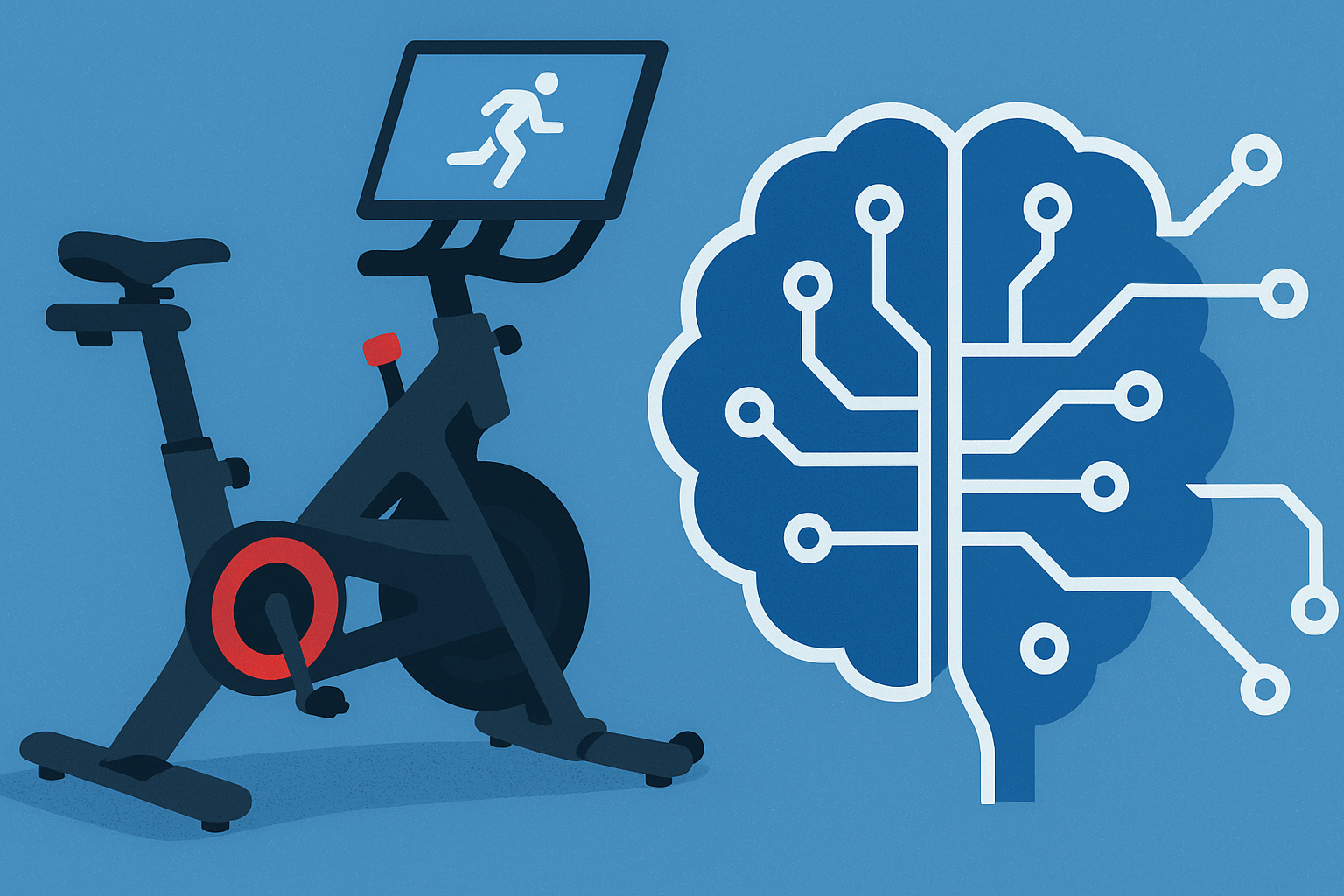The fitness technology sector has been in flux since the pandemic-driven boom gave way to a sobering slowdown. Now, Peloton Interactive Inc. is preparing to reintroduce itself to investors and consumers with a fresh wave of innovation. According to a Bloomberg report, the company is set to unveil a new lineup of fitness hardware and a software overhaul this fall, each embedded with artificial intelligence capabilities. For investors, this could be more than just another product refresh—it could be a pivotal moment for Peloton’s long-term viability.
Why This Matters for Investors
Peloton’s trajectory has been emblematic of pandemic-era tech stories: meteoric growth, followed by a sharp pullback as consumer habits shifted. After peaking at a market capitalization north of $50 billion in early 2021, Peloton has struggled to stabilize, with its stock price slumping amid falling demand and rising competition. Now, by embedding AI into its devices and user experience, Peloton is trying to reposition itself at the intersection of fitness hardware, subscription services, and machine learning—a space that investors increasingly see as fertile ground.
This strategy comes at a time when AI integration is becoming a litmus test across industries. From Tesla in autonomous driving to Apple in personal devices, investors are rewarding companies that can successfully demonstrate AI monetization. Peloton’s bet aligns with this trend, signaling that it no longer views itself purely as a connected-bike company, but as a broader health-tech platform.
AI as the Differentiator
While connected treadmills and stationary bikes are no longer novel, AI-driven personalization could change the game. Reports suggest that Peloton’s refreshed devices will include sensors and software capable of tailoring workouts in real time, adjusting resistance, pace, and even class selection based on user performance and biometric data.
This mirrors developments in adjacent markets—such as WHOOP’s biometric wearables and Apple’s Fitness+ ecosystem—where personalization has proven to drive engagement and higher subscription stickiness. For Peloton, deeper integration of AI into its content delivery model may improve retention rates, a key metric in stabilizing revenue.
Industry Context: Fitness Meets Big Tech
The global fitness technology market was valued at $62 billion in 2024 and is projected to grow at a compound annual rate of 15% through 2030, according to McKinsey & Company. Within that market, subscription-based models are expected to outpace hardware sales, underscoring the need for Peloton to leverage AI as a driver of long-term recurring revenue.
Big Tech is also signaling interest in the space. Apple’s ongoing expansion into health and fitness, Alphabet’s Fitbit acquisition, and Amazon’s push into health services highlight how the competitive landscape is shifting. Peloton’s AI announcement should be viewed as a defensive move—an attempt to carve out relevance before tech giants consume the category.
Future Trends to Watch
- AI in Wellness: Beyond fitness, AI-enabled personalization is extending into nutrition, sleep, and recovery. Peloton could explore adjacencies that increase its share of the wellness wallet.
- Hardware Monetization Risks: Investors should remain cautious. Hardware refresh cycles are costly, and consumer adoption may be slower than anticipated.
- Partnership Potential: Strategic partnerships with insurers, corporate wellness programs, or even health systems could open new revenue streams.
- Investor Sentiment: Analysts will be closely watching Peloton’s subscriber numbers and gross margins in the next two earnings cycles to assess whether AI features are translating into financial performance.
Key Investment Insight
Peloton’s fall 2025 launch is more than just a product update—it’s a litmus test for whether mid-cap consumer device firms can successfully pivot into the AI era. If execution is strong, Peloton could redefine itself as a resilient subscription-first company with higher margins and recurring revenue. If not, the hardware-heavy model may prove unsustainable, reaffirming investor concerns.
For investors, the prudent approach may be to monitor adoption metrics and early analyst commentary post-launch. Watch for signals such as user engagement rates, churn reduction, and whether Peloton can upsell AI-driven features at premium pricing.
Peloton’s upcoming announcement places it firmly in the crosshairs of two major investor themes of 2025: the AI transformation and the re-engineering of legacy business models. Whether this reinvention succeeds or stumbles will not just shape Peloton’s future—it may also serve as a broader case study for the AI era in consumer devices.
Stay with MoneyNews.Today for continuous coverage on how AI-driven innovation is reshaping technology, markets, and investment opportunities.





